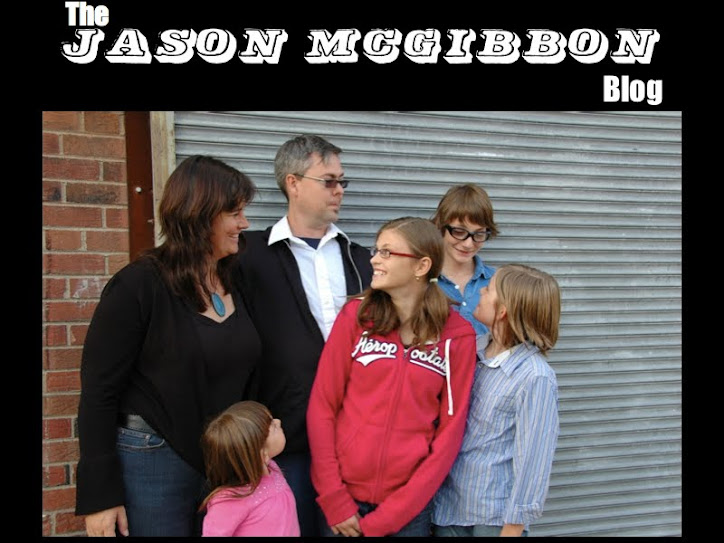It was a re-tweet that I just caught a glimpse of while scanning the latest tweets in my feed. It was basically making a plea for a province to demonstrate just how progressive it really is by being the first to ban tax breaks for religious institutions. Although, I am sure that the sentiment might be quite fashionable I do fear that such thinking reveals an ignorance about our own Canadian history, and when we are ignorant of history we are bound to make more and grave mistakes in the future. There are very few individuals that I know who would claim to be progressive who would not also consider things such as health care, education and social services as integral parts of the social fabric. Ironically, however, when we understand Canadian history, one recognizes that all of these things have roots within religious institutions and it was individuals of faith, as well a religious bodies that first fought for these progressive things to begin with. Here are just a few examples:
Universal health care is considered by many to be a national treasure. It is so ingrained within the national fabric of Canada that it has almost become the cliche about what it means to be Canadian. Considered by many to be the father of our universal health care system, Tommy Douglas was a Saskatchewan politician. He was, however, also a Baptist minister. His theology helped to shape his convictions that would eventually become his politics. To this thought I would add the observation that a large number of our older hospitals bear some sort of religious name, whether it be St. Michael's or Mt. Sinai, the names indicate their historic ties to a religious institution.
Public Education is another vital pillar in any progressive society. If one looks to Ontario as an example, one might ask why we have a University, public schools, a bible camp, and numerous churches that all share the name Ryerson. A little digging and one discovers that Ryerson, an early champion of public education, was also a Methodist Minister. Again, his religious convictions and work within the church would lead to the beginnings of education in Ontario and Canada.
Lastly, and a bit more personally, I look at the key social service providers and recognize that almost all of them are connected to a religious institution. The Good Shepherd, The Wesley Centre, Mission Services and the Salvation Army all have ties to religious institutions. These are organizations making a difference in our city, and these are the programs that every hospital and government agency relies upon. There are no social agencies providing these services that are not religiously affiliated. Hamilton is not alone in this, and religious organizations have been serving the most vulnerable in our communities for years.
So before we go ahead and suggest cutting all tax breaks for religious bodies we may want to stop and ask what have such tax breaks helped such organizations achieve for the good of our society. Let us be careful not to demonstrate our own ignorance regarding our history but carefully consider why such things exist in the first place. A healthy conversation might be, "what are such organizations doing today to continue to deserve such tax considerations," and that would be a fair conversation. A blanket dismissal of all such groups simply for their faith beliefs demonstrates an ignorance of our own history, a most ironic misunderstanding of where many of our most treasured progressive programs come from, as well as a blatant bigotry which again is an ironic twist from those calling for tolerance.
Wednesday, March 6, 2013
Oh Canada - eliminating tax breaks for churches?
Subscribe to:
Post Comments (Atom)





No comments:
Post a Comment